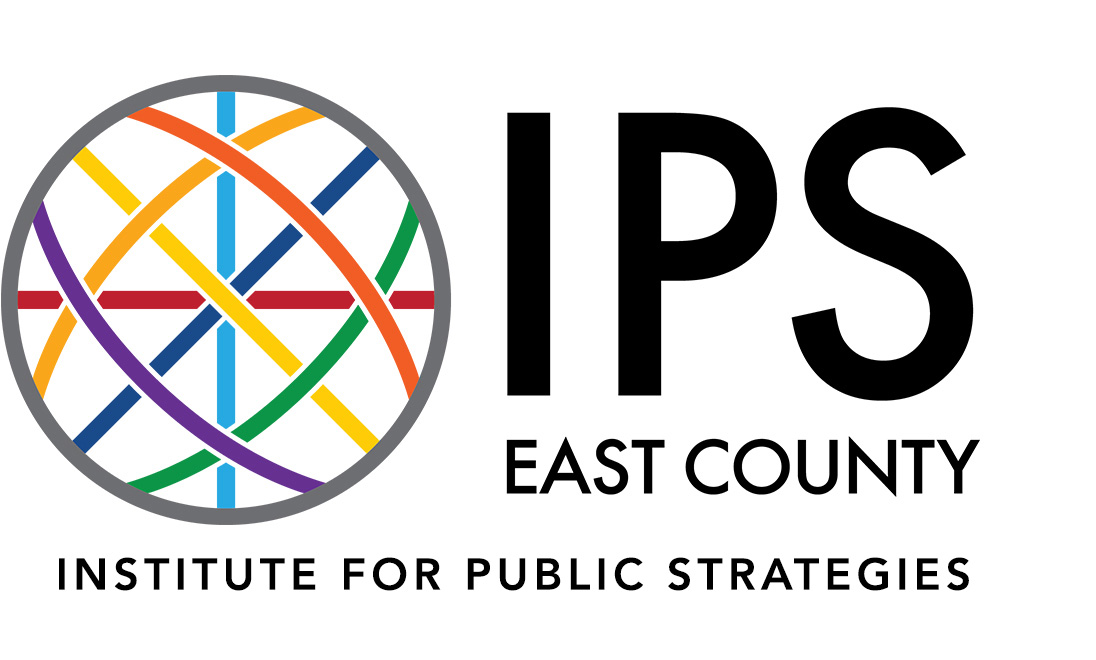 El Cajon
El Cajon
IPS has been providing alcohol and drug prevention services in El Cajon since 2002. With assistance from countywide prevention providers and concerned community members, IPS provided technical assistance to pass a Social Host Ordinance (SHO) in El Cajon in 2003. El Cajon’s Social Host law imposes a misdemeanor or an infraction on individuals who host underage drinking events on property they own, lease or otherwise control. The purpose of the ordinance is to deter underage drinking parties by decreasing social access to alcohol by underage youth.
With assistance from the Responsible Hospitality Coalition and concerned community members, IPS provided technical assistance to pass a Responsible Beverage Sales and Service (RBSS) ordinance in El Cajon in 2013. RBSS is a training program for servers who sell alcoholic beverages for both on-premise and off -premise consumption. It aims to provide servers the necessary skills to responsibly serve alcoholic beverages and mitigate alcohol-related harm in California communities. RBSS has three essential elements: policy development, merchant education, and partnerships with law enforcement. As of July, 2022, it is mandatory for all on- sale premise servers to complete a certified RBSS program. The certifications will be approved by the California Department of Alcohol Beverage Control.
In 2010, IPS provided technical assistance to downtown El Cajon business owners and concerned community members to form the Alliance for a Better Community. The alliance was formed because panhandlers and serial inebriates were scaring customers away from Second Street, a busy thoroughfare plagued by urban blight, panhandling, public intoxication, and other nuisance activity. In order to increase the economic vitality of the area, IPS and the alliance partnered with the El Cajon Police Department and the East County Transitional Living Center to implement CPTED (Crime Prevention Through Environmental Design) strategies. Short-term interventions also included requiring businesses to hire security guards, enforcing an anti-loitering policy in parking lots, painting over graffiti, and posting signage prohibiting open containers of alcohol in public. Longer-term interventions included a serial inebriate program that encouraged alcohol businesses to refuse service to individuals that were chronically drinking in public. IPS also provided technical assistance to the alliance in passing a Deemed Approved Ordinance in 2013, which provided the city greater local control of problematic liquor stores by addressing crime and nuisance-related activities around the store along with illegal alcohol sales to minors.

